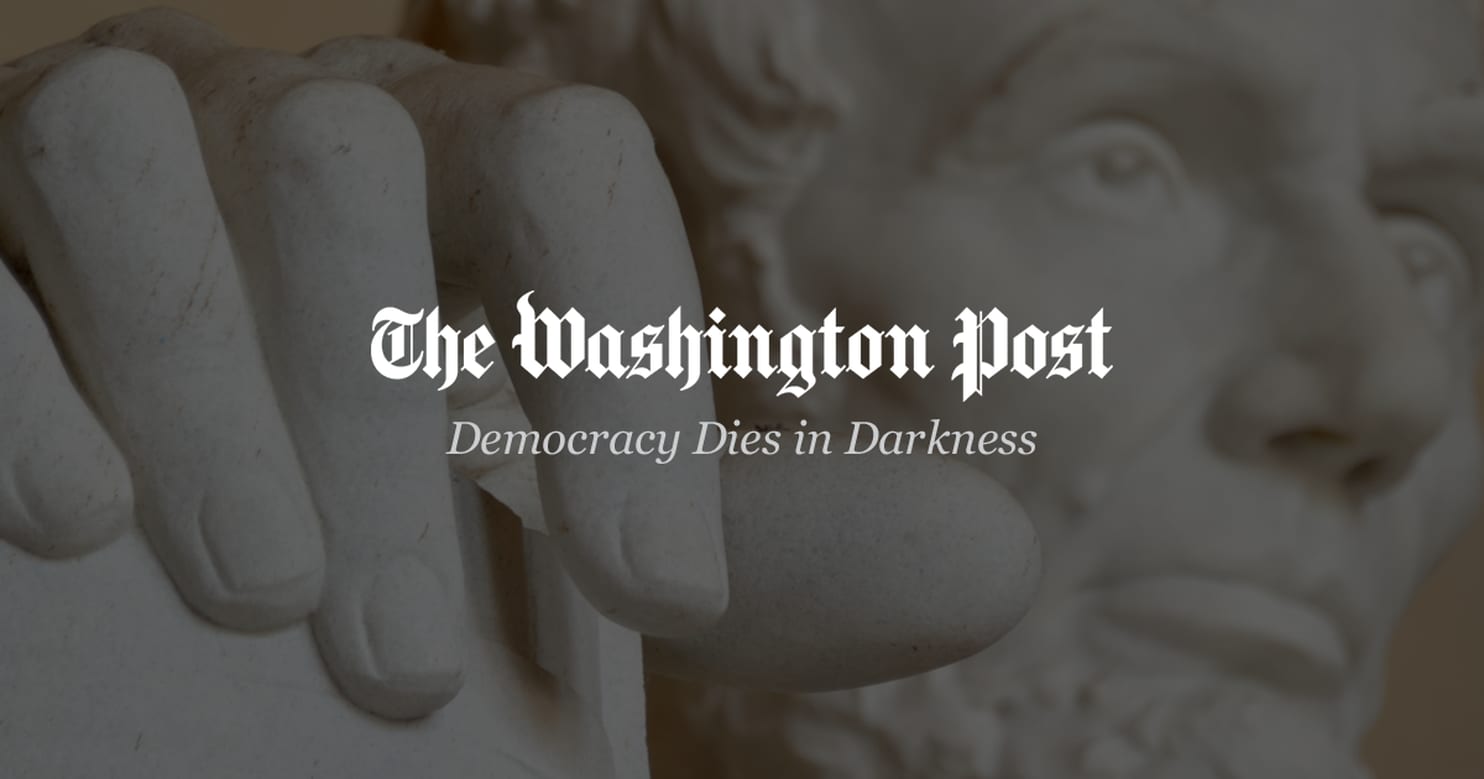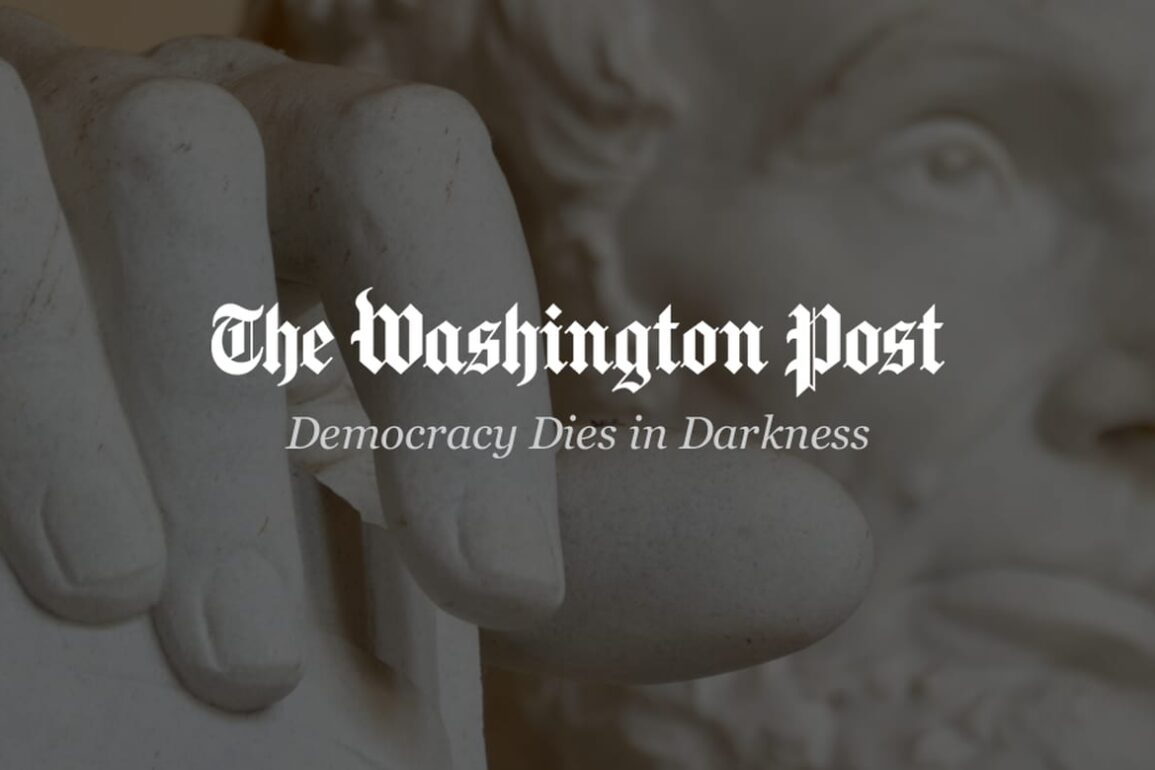
Here’s the diplomatic fudge of the week. One president, South Africa’s, calls another, Russia’s, and begs him not to come visit. The Russian one, Vladimir Putin, reluctantly agrees and will instead send his foreign minister to a summit in Johannesburg next month. His South African counterpart, Cyril Ramaphosa, exhales in relief: He’s just sidestepped a decision between arresting Putin on the tarmac, which would cause Russia to declare war, and not arresting him, which would flout international law and neuter the prosecution of genocides such as the one Putin is waging in Ukraine.
Crisis averted, or at least postponed, you might think. Opportunity wasted, I say. What South Africa should have said — in unison with the international community and its strongest member state, the US — is that an existing arrest warrant against Putin will of course be executed, his threats of war be damned. Such a gesture would have shown that the world is finally getting serious about enforcing international law in the face of Putin’s war crimes. Now we have to hope for another occasion.
The guilt of omission here actually belongs less to South Africa than to America. That’s because, a quarter century after the US negotiated a treaty to launch the International Criminal Court in The Hague, it never ratified that so-called Rome Statute. To this day, Washington doesn’t recognize the tribunal it helped create. And without that support, the ICC and the 123 parties to the Rome Statute will keep flinching when faced with the worst evil.
Putin’s war of aggression is in that category. In March, the ICC’s judges issued arrest warrants against him and one of his minions for kidnapping and deporting Ukrainian children en masse — part of the definition of genocide. Neither Russia nor Ukraine is a party to the Rome Statute, although Ukraine cooperates with the court. But South Africa is a party.
South Africa, moreover, is punching above its weight in world politics. It fancies itself a bullhorn of the “Global South,” the loose bloc of countries that prefer to remain “non-aligned” between the democratic West and autocratic Russia and China. Ramaphosa also leads a well-meaning but hopeless African effort to broker peace negotiations between Kyiv and Moscow. And he’s about to host next month’s gathering of the BRICS, an economic grouping that includes Brazil, Russia, India, China and South Africa.
Putin, like the other four heads of state, was planning to attend — he had RSVPed before the ICC’s arrest warrant. But if he did, Ramaphosa’s people would have to handcuff him or be in contempt of the court. Russia, however, “made it clear that the arrest of President Putin would be a declaration of war,” Ramaphosa revealed.
Leave aside what that war would have looked like, or whether the Kremlin has any military capacity left to bomb more cities on the other side of the world. For Ramaphosa to comply with the warrant, he still would have needed assurances from the only country resembling a world hegemon, the US.
But that superpower is strung up in its tortuous relationship with the ICC. All of America’s allies except Israel and Turkey have ratified the Rome Statute. Many countries that haven’t — such as China, Belarus or North Korea — are among the biggest rogues in world politics. Not a club which you should seek to join.
Congress and various administrations, Republican and Democrat, have had their reasons, of course. America’s specific fear is that the ICC’s prosecutors could one day accuse American soldiers of committing atrocities.
In a way, this yes-but-no is de rigueur in American foreign policy, where good intentions often succumb to an overweening neuralgia over any multilateral infringements of sovereignty. After World War I, the US proposed the League of Nations but never joined it either. It also hashed out other agreements without then ratifying them, such as the United Nations Convention on the Law of the Sea, two protocols of the Geneva Conventions or — most bizarrely — the Convention on the Rights of Persons with Disabilities.
As for the Rome Statute, America shouldn’t stay out of a treaty just to have the option of committing future war crimes with impunity. Instead it ought to trust in its own oversight and legal system to prosecute atrocities if they occur — the ICC only takes cases where there are gaps in the law of signatory countries.
What many American policymakers underestimate, moreover, is the staggering diplomatic cost of boycotting international conventions, and in effect snubbing the world. Poor countries in Asia, Africa and South America — that Global South I mentioned — especially seethe at perceived American hypocrisy in world affairs. That’s one reason why they often balk when Washington requests help, even on morally unambiguous matters such as opposing the Russian war of aggression at the United Nations.
The good news is that the American debate has started to move. The nadir of the relationship between Washington and The Hague — as of so many US relationships, really — came during the administration of former president Donald Trump, who even imposed sanctions on two ICC officials, including a prosecutor. Trump’s successor, Joe Biden, lifted those.
Since Putin’s invasion last year, moreover, the Biden administration and Congress have noticed that America and the ICC are really on the same side, or could be. A new law allows the US government to cooperate with the court by feeding it intelligence. The departments of Justice and State are doing so; but the Pentagon refuses, still fretting that foreigners might some day prosecute American soldiers.
The US should long ago have joined the ICC it helped create. But Putin’s war of aggression now makes ratification urgent and imperative. As a participant, the US could then have a say in setting the court’s priorities and maybe even get an American on the bench. And to the Global South and the whole world, Washington would be signaling an end to hypocrisy, or at least less of it. This could unite more countries that value the rule of law and norms of civilization against those that don’t, such as Russia.
Knowing that America has its back, a country like South Africa could then prepare differently for a visit by Putin, and get the shackles ready. And that’s the goal. We want Putin and his ilk to see their own future Nuremberg Trials as a real possibility. If he fears that, let him stay cooped up in the Kremlin, for all the world to see his guilt and shame.
More from Bloomberg Opinion:
•
Andreas Kluth: The West Must Offer the Global South a New Deal
•
Ukraine and Others Want to Join the American Empire: Hal Brands
• Finally, a Serious Offer to Take Putin Off Russia’s Hands: Leonid Bershidsky
This column does not necessarily reflect the opinion of the editorial board or Bloomberg LP and its owners.
Andreas Kluth is a Bloomberg Opinion columnist covering US diplomacy, national security and geopolitics. A former editor in chief of Handelsblatt Global and a writer for the Economist, he is author of “Hannibal and Me.”
More stories like this are available on bloomberg.com/opinion
©2023 Bloomberg L.P.
This post was originally published on this site be sure to check out more of their content.









